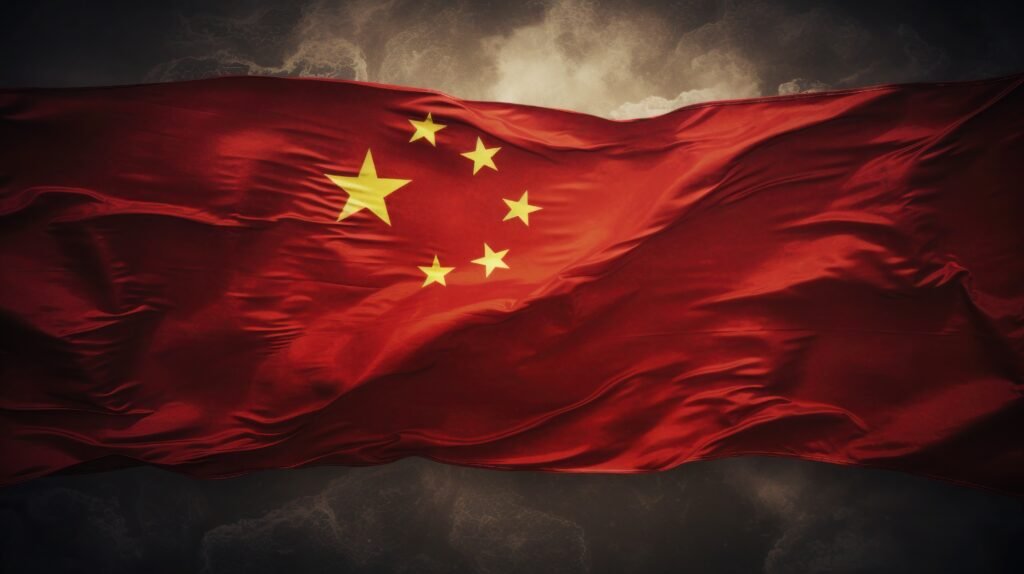China Strikes Back Hard with Tariffs on US Goods
Renewed Trade War Between the US and China
China Strikes Back Hard with Tariffs on US Goods after former US President Donald Trump imposed new tariffs on Chinese imports. The response marked the renewal of the long-standing trade war between the two economic giants. Trump justified the tariffs as a punitive measure against China for failing to curb the flow of illicit drugs into the United States.
US Suspends Tariffs on Canada and Mexico
In contrast to its aggressive stance on China, the US suspended its threat of 25% tariffs on Mexico and Canada. Trump agreed to a 30-day pause in exchange for concessions on border security and crime enforcement from both neighbouring countries, which relieved Ottawa and Mexico City.
China’s Retaliatory Measures
Shortly after the US implemented an additional 10% tariff on all Chinese imports, China’s Finance Ministry announced its countermeasures:
- A 15% tariff on US coal and liquefied natural gas (LNG).
- A 10% tariff on crude oil, farm equipment, and certain automobiles.
- The tariffs will take effect on February 10.
Furthermore, China’s Commerce Ministry and Customs Administration imposed export controls on critical minerals such as tungsten, tellurium, ruthenium, and molybdenum, citing national security concerns.
Impact on the Global Economy
Oxford Economics responded to the renewed trade war by downgrading China’s economic growth forecast. Analysts predict further escalations, which could disrupt global trade and supply chains.
US-China Relations and Fentanyl Crisis
Trump warned that tariffs on China could increase unless Beijing took steps to curb the flow of fentanyl into the US. He stated, “China hopefully is going to stop sending us fentanyl, and if they’re not, the tariffs are going to go substantially higher.”
China dismissed the fentanyl issue as a domestic American problem and vowed to challenge the new tariffs at the World Trade Organization (WTO). However, Beijing left the door open for negotiations.
China Targets US Tech and Corporations
In response to US tariffs, China launched a monopoly probe into Google through its State Administration for Market Regulation. Additionally, it placed US-based companies PVH Corporation (owner of Calvin Klein and Tommy Hilfiger) and biotech firm Illumina on its “unreliable entities” list. This designation restricts their operations in China, citing their alleged discrimination against Chinese businesses.
China also reiterated its ongoing investigation into PVH Corporation for allegedly boycotting cotton from Xinjiang, a move Beijing considers unjustified.
Canada and Mexico Avoid Tariff Escalation
While China faced harsh tariffs, Canada and Mexico secured a deal to avoid increased US levies. Prime Minister Justin Trudeau and Mexican President Claudia Sheinbaum agreed to enhance border security and combat drug smuggling to meet Trump’s demands. As a result, the 25% tariffs on their exports were paused, providing relief to businesses in both countries.
Conclusion
The latest round of US-China tariffs signals a new phase in the trade war, with both sides taking aggressive measures. While Canada and Mexico secured temporary relief, China remains locked in a heated economic conflict with the US, with potential long-term consequences for global markets.



